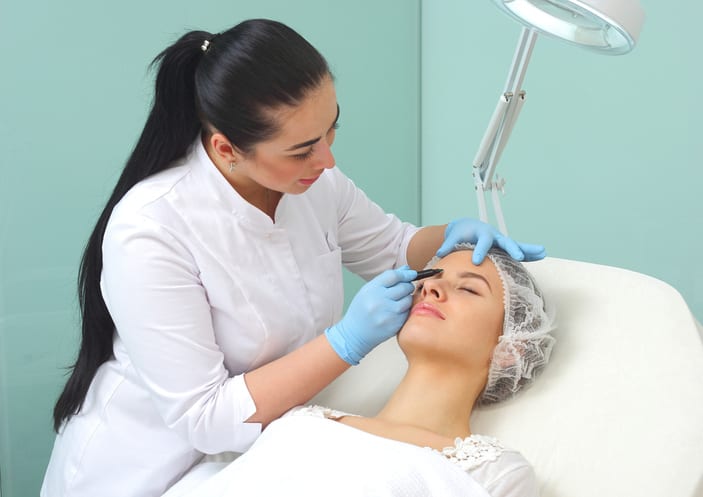Oculoplastic surgery is an evolving specialty that requires advanced training in ophthalmology and specialization in plastic and reconstructive surgery. A majority of the physicians would be board-certified in ophthalmology and keep up with plastic surgery to meet the needs of their patients. Although there are surgeons who focus primarily on non-elective procedures and keep up with reconstruction in facial areas including the eyes.
According to the American Society of Plastic Surgeons, blepharoplasty (repair of droopy eyelids) is one of the top five cosmetic plastic surgery procedures performed. In 2015, over 200,000 blepharoplasty procedures were performed in the United States.
Oculoplastic surgery is performed to treat disorders from the most common to the rarest including:
- Droopy eyelids in children and adults (Ptosis)
- Inward turning of the eyelids (Entropion)
- Outward turning of the eyelids (Ectropion)
- Retraction of the eyelids caused from birth defects or thyroid diseases
- Eyelid Lesions
- Facial Nerve Weakness
- Tear duct surgery
- Skin care or injuries
- Artificial eyes
By removing excess skin, muscle, fat and/or tissue, and tightening the skin, cosmetic and functional eyelid surgery (blepharoplasty) and brow lifts not only increase the visual field but also provide the following benefits:
- Clearer vision
- Increased visual field
- Reduction of wrinkles, lines and sagging skin
- Elimination of angry or tired looking eyes
- Reduced dry eye symptoms
- Immediate improvement to your appearance
- A more youthful, rejuvenated appearance
- Increased confidence and self-esteem
As with cosmetic eyelid surgery, reconstructive procedures can be performed under sedation or general anesthesia and are most often outpatient procedures. Following your procedure, you will be provided with instructions to follow at home. Typical instructions include rest and application of cool compresses. It is likely you will be advised to minimize your activity the first 48 hours following Oculoplastic surgery to reduce swelling, bruising discomfort and risk of any complications. Heavy lifting and excessive exercise should be avoided for at one week following Oculoplastic surgery – in some cases up to two weeks. The recovery time from a Oculoplastic surgery will vary for each person and will depend on the procedure performed.
If you are considering a cosmetic or reconstructive procedure around your eyes, contact us at Florida Eye Specialists and Cataract Institute. We are one of the premier Oculoplastic surgery centers on the west coast of Florida. Click here if you wish to learn more about our Oculoplastic Specialists.



